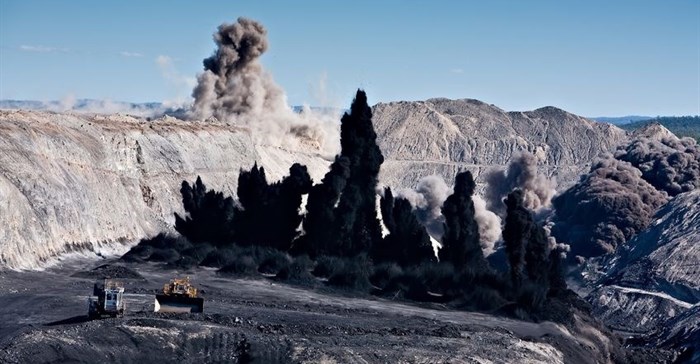
Top stories






More news










Logistics & Transport
Uganda plans new rail link to Tanzania for mineral export boost














As with all commodities, coal is feeling the pinch. Thermal coal seaborne trade flows dropped by 60 million tons in 2015 to 870 million tons, he says.
The growing impact of new markets, as opposed to the traditional markets of the EU and US, was evident in the past few years. China, for example, increased its thermal coal imports dramatically between 2009 and 2013, with volumes peaking in 2013.
However, South Africa did not export any thermal coal to China last year.
"While EU and China thermal coal imports may falter further through 2016-2020, they may grow to markets such as Egypt, Iran, Kenya, Pakistan and the UAE," he says.
Dr Gabrieli then posed some questions to coal-mining execs: Mike Fraser, South32 president and COO, Africa; Mxolisi Mgojo, Exxaro Resources Ltd CEO - designate; and Themba Mkhwanazi, Anglo American CEO - SA Coal.
Mgoro: Government needs to create the right environment for investment. South Africa is fortunate to have the deep water port capacity for coal exports and if we can get the regulation and permitting in place, we'll be in a good position for investment when the downturn reverses.
Fraser: Our strategy in the current environment is to be flexible and to recognise opportunities. Even in a low-carbon world, coal still plays a role as it is still the low-cost option.
Mkhwanazi: Anglo is reconfiguring its asset base to generate cash flow throughout the year. Coal is a positive story and still a key driver in economic development. The African population is growing and only 50% have electricity. Coal is still important in terms of cost and abundance.
Fraser: COP21 symbolises the aspiration for a low-carbon world, but poor countries can't afford the high-cost alternatives, therefore coal will always play a role.
Mgojo: We need to be cautious. We can't anticipate what technology will disrupt in the future, including solar power and other alternative energy sources. We don't need to panic, but we need to take note of these developments. If I'm going to spend a fortune in investment, I need to make sure its still going to be relevant in the future.
Mkhwanazi: While we are talking about COP 21, how do you balance its goals with the needs of the developing world? Coal prices will always be a supply and demand story. Africa is creating more demand for local power generation and South Africa is the only real supplier, while we do participate in seaborne trade, we are quite sheltered from the crisis.
Mining Indaba 2016 is currently under way at the Cape Town International Convention Centre from 8-10 February. For info, go to www.miningindaba.com.
